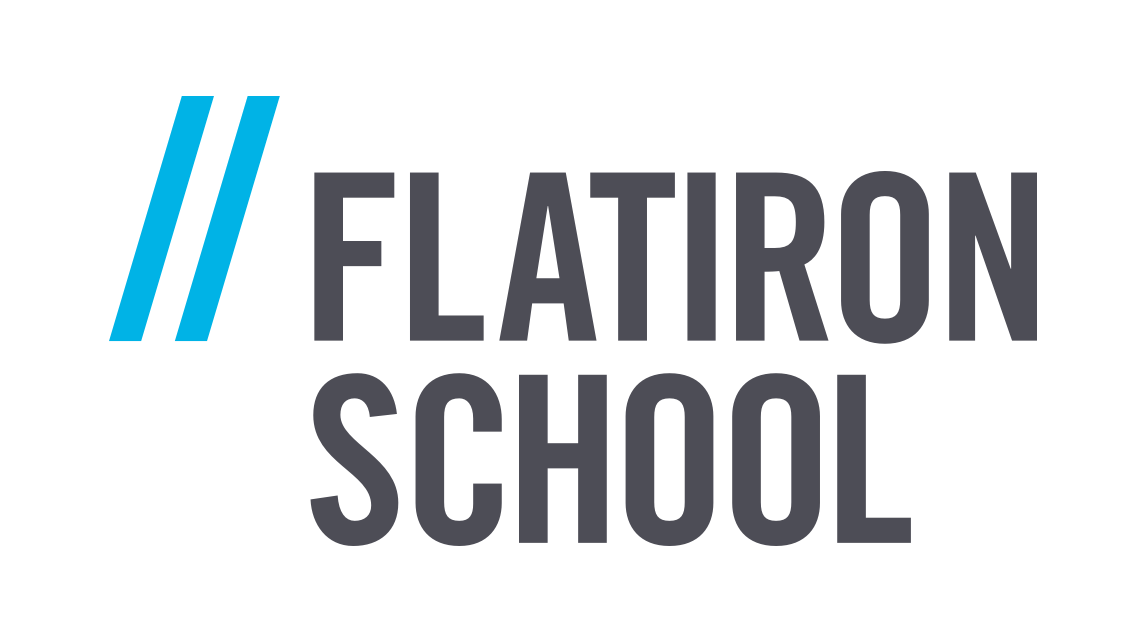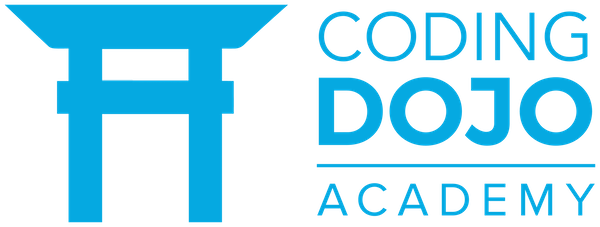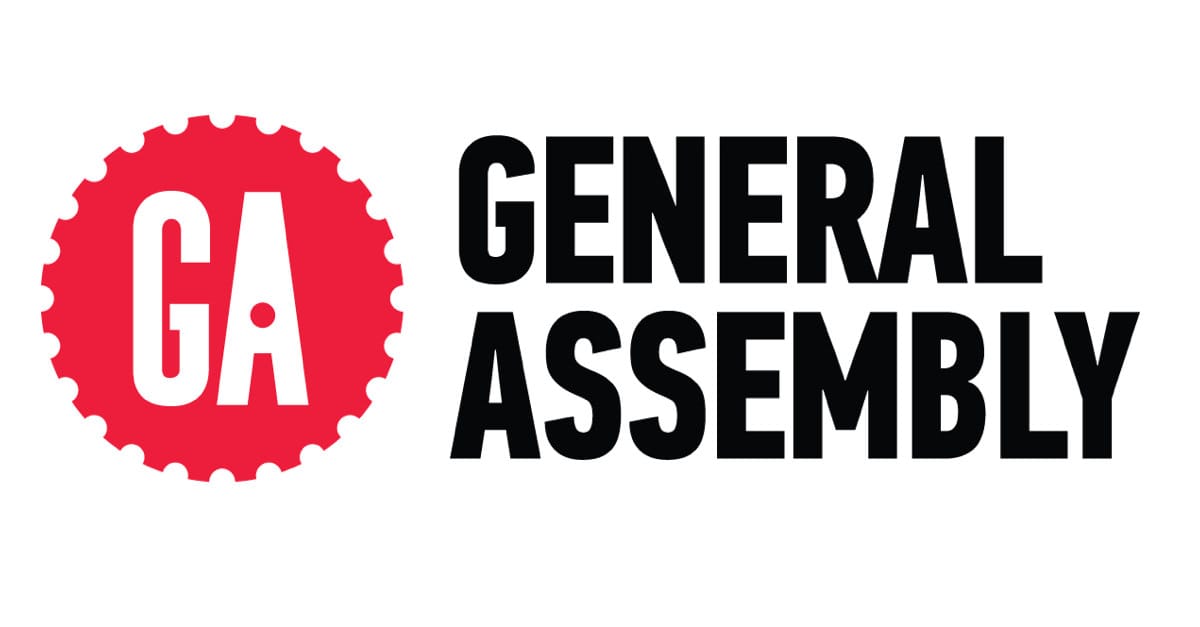If you’re considering attending a coding bootcamp, Washington D.C. is a vibrant and historic city with loads of bootcamp options for those wanting to learn to code in an immersive environment. America’s capitol experienced significant growth in tech jobs over the last decade.
There are two important factors to consider before we even get started. First, you should think about which type of career you’d like to pursue and choose a bootcamp that will suit your needs and offer programming courses relevant to those interests (i.e., full stack web development, data science, cyber security UX/Design, etc.). There are many different types of coding bootcamps, all with their own educational style and focus on specific programming languages and technologies.
Second, it’s also important to think about your budget; The tuition for coding bootcamps can vary greatly by the type of program offered and any scholarships or income share agreements offered. For all coding bootcamps, make sure you’ve practiced some introductory programming, or are enrolled in bootcamp prep classes prior to beginning the immersive course.
Start thinking about both of those things as you drill down a bit more. As we begin this guide on choosing the best coding bootcamp in Washington D.C., you’ll think about what field you want to transition into, and consider some questions that that will put you on the right coding journey for your career:
- What’s driving your interest in coding? What are some of the projects you’ve dreamed of working on that a Washington D.C. coding bootcamp will help you gain the skills to do?
- What’s your current coding proficiency? Coding bootcamps offer programs to people at different levels, and before applying to a program in Washington D.C. you’ll want to answer this question.
- Do I see Washington as a long-term destination? This is an especially good question for coding bootcamp students concentrating in data science or cyber security. As Washington D.C. and northern Virginia is a target-rich environment for government and intelligence hiring, you may want to consider whether you’d want to stay long-term.
Consider these questions as you read more about the cherry blossom capital of the east coast and plan for a career in the tech industry. There are several benefits to choosing a coding school in the greater Washington D.C. / Arlington area, so start thinking about the coding skills you’ll need for the job you eventually want to land.
Before Attending a Coding Bootcamp in Washington D.C.: How to Prepare
Coding bootcamps in Washington D.C. offer attractive options to students. Depending on the chosen programming language, data science immersion, and/or design tracks you choose, curriculums will vary both on content, breadth, and on length. A “typical” bootcamp curriculum will have several paths that require a base knowledge of the concepts. Let’s explore what skills an aspiring software engineer, full stack web developer, or data science professional will need prior to entering the bootcamp.
Prior to enrolling in your bootcamp, you’ll need to complete a short assessment on your coding ability. A quality bootcamp curriculum wants to make sure you don’t feel overmatched in a coding class and doesn't want you to struggle to keep up with the material. You’ll need to revisit the fundamentals of coding (e.g. the Python or Javascript logic you may not have used for a while). Highly reputable programs like HackReactor will offer free tutorials and support for less experienced, aspiring software engineers. allows each student to dive into the basics of coding in some of the most commonly used programming languages: HTML, CSS, and Javascript.
One of the benefits of this important step before enrolling in the boot camp is that it allows you to assess your current skill level, and choose the programming course that best suits your budget and proficiency. Perhaps more importantly, preparing for your boot camp allows you to understand the nuances of coding languages, prepare for your boot camp interview, and engage in introductory projects with other students.
Preparing for the coding bootcamp and the evaluations you’ll complete will help ensure that you receive a return on investment for the time and money you put toward your coding education.
Benefits of a Coding Bootcamp in Washington D.C.
While brick and mortar businesses struggled during the pandemic, Washington D.C. startups proved themselves to be highly resilient. This may be due to Washington’s natural advantage at attracting talent. CBRE’s 2021 report in Scoring Tech Talent placed the city at #3 (even above New York) in 2021 for attracting tech talent. This level of competition drives up the cost of salaries in an already expensive town, but the high cost of living is offset by the high average salaries of these roles. These positions are naturally attractive to a software developer permanently relocating to the city after they become a bootcamp grad.
This shouldn’t come as a surprise. If you think about it, Washington D.C. is a walking testament to two kinds of founders. The city’s domestic and international tourism is mainly due to the monuments and museums dedicated to those who disrupted the status quo. While politics is D.C.’s primary business, the proximity to coastal beaches and mountains is a draw for software developers and UX professionals as well.
There are many benefits of living and working in Washington D.C. as well as a surplus of career opportunities that await those with tech skills after they finish a programming bootcamp. Government agencies, startups, and established companies in the greater Washington D.C. area (big and small) are hiring tech talent at a significant pace. Every industry the city is known for - intelligence, politics, tourism, life sciences, and aircraft - is making it a priority to recruit the type of talent that can combine digital expertise with their core product. Famous American companies like Lockheed are headquartered near Washington D.C. as well as Amtrak and Marriott International. There’s no shortage of opportunities when you're living and working in a city reported to add the most job listings prior to the summer of 2021.
Washington D.C. tech jobs offer some key advantages over tech-related positions in other cities. Notably, employees of Washington D.C. tech companies enjoy a lower cost of living than their coastal counterparts in New York but are still compensated at market rate despite the difference. Even better? Despite a slightly lower cost of living, salaries are still competitive with Los Angeles and New York. Jobs in the tech industry include average salaries of nearly $111,000 for a software engineer, $92,000 for a Design/UX professional, and $122k for a Data Scientist in 2021. Washington D.C.’s coding bootcamps feature training for each of those positions.
Cost of Coding Bootcamps in Washington D.C.
The cost of a full stack software engineering bootcamp in Washington D.C. isn’t that different from the national average. According to Course Report, the average cost for a bootcamp is nearly $14,142, but several different payment options are available should you be considering different ways to pay for a coding school. If you’re considering paying for a coding bootcamp upfront with a credit card, you may want to consider opening a travel card to meet the minimum benefits of a bonus card while earning miles. However, several other options exist. Many students use third-party financing options like Meritize or Ascent, two popular bootcamp loan options that allow you to study, and feature grace periods for repayment. Regardless of how you plan to pay for a bootcamp education, always consult a financial planner to help calculate your living costs on a software engineer salary once the course is completed.
Considering the high cost of living in Washington D.C., there’s belt-tightening opportunities for all bootcamp students. Here are three great tricks to funding your coding bootcamp enrollment:
- Apply for every coding scholarship. Several coding bootcamps offer scholarships geared toward increasing the amount of underrepresented coding professionals in the tech sector. Need-based scholarships are also popping up across different coding schools across the country.
- Research income-share agreements. Some coding bootcamp graduates pay for their tuition using income-share agreements (ISAs). An income share agreement is a written agreement between you and a bootcamp provider that says you’ll commit to paying the provider a percentage of your income for an agreed amount of time. A hidden advantage of ISAs is that they force you to calculate how much you will need to be paid per year in order to be able to live, commute, pay back your tuition, and save. Pay careful attention to the minimum salary you need to make before an ISA kicks in and that you don’t accept a web development job for too low of a salary. If your agreement stipulates that you must pay back the online coding bootcamp if you land a job making above $35,000 to $40,000 per year, that doesn’t leave you much room for living expenses. (The good news: The average salary for even an entry-level programmer is $50,000 per year, but those of you in high cost-of-living cities should be doing the math closely.)
- Project your salary earnings. Carefully evaluate the tech job you can realistically land and the median salary of your desired position. Is that desired position going to be paying you significantly more than your current role? Will it earn you a higher multiple several times over than the cost of the bootcamp itself? For example, if you want to be a full stack developer and or are also seriously considering data science roles, know the market rates for each of those positions.
Remember that the cost of a coding bootcamp is your tuition and your time. Always estimate the cost for both prior to enrolling in class for the next 12-16 weeks.
Choose a Coding Bootcamp in Washington D.C.
If you’ve decided on attending a Washington D.C. coding bootcamp, here are some on-ground programs in the city who report:
- General Assembly. Consistent with other General Assembly (GA) locations, this bootcamp offers a host of full-time and part-time immersive courses including software engineering, data science immersive, and UX design, GA Washington D.C. is three blocks north of the National Gallery. Not a bad place to find inspiration while learning a programming language.
- Flatiron School. The plush Flatiron School Washington D.C. campus is located just across the street from the White House, a prime location for students to collaborate with their full-stack web development cohort. The Flatiron School uses an independent auditor to measure outcomes for its Washington D.C. students. They’ve recently reported upwards of 90% employment for and nearly $70,000 for students who accepted a full-time role in Washington D.C. As always, we recommend prospective students pay attention to the fine print on these numbers, as the average salaries are often not inclusive of students who took on contract roles after graduating.
- The Data Incubator. Conveniently located just north of Dupont Circle, the data incubator specializes in a data science bootcamp for students who have previous STEM education and far more experience with data modeling than in most other bootcamps. There’s a reason the program is highly selective and the acceptance rate is low. While this is a well-respected program, the locations in New York and San Francisco seem to have more hiring partners, so this is worth asking your admissions counselor about prior to your entrance exam.
Get matched to your Washington D.C. Coding Bootcamp
Whether you’re a longtime resident, a recent transplant, or a future resident, Washington D.C. offers ample opportunities for learning and working that cover the spectrum of programming languages and future jobs in tech and beyond. Once you understand your intentions for what you want to do in the tech world, whether it be web development, web machine learning, computer science, or something more tied to product design, you'll have a good start to make an informed decision on which program is right for you. A Washington D.C. coding bootcamp can unlock the opportunity to work in a mid-tier U.S. city - in a government role or otherwise - with a solid and diversified economy. With many outlets to take advantage of outside of learning and working hours, current students and bootcamp graduates alike will have plenty to keep themselves busy. If you are considering continuing, transitioning to, or starting a tech career, click here to find your future boot camp in Washington D.C..





